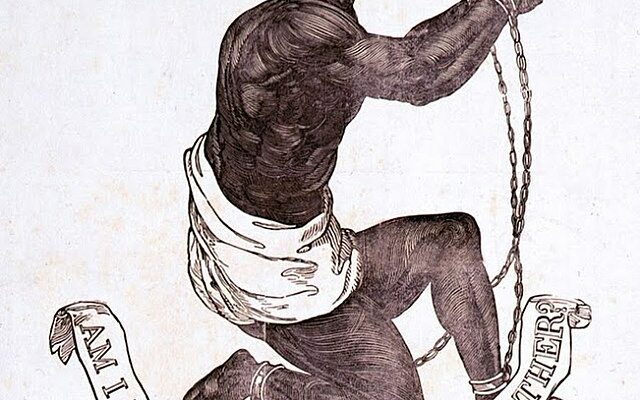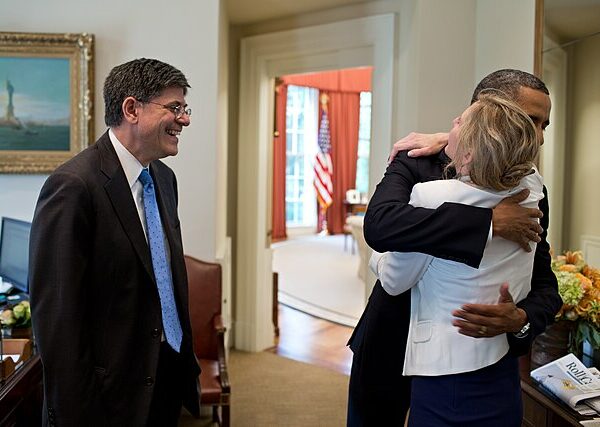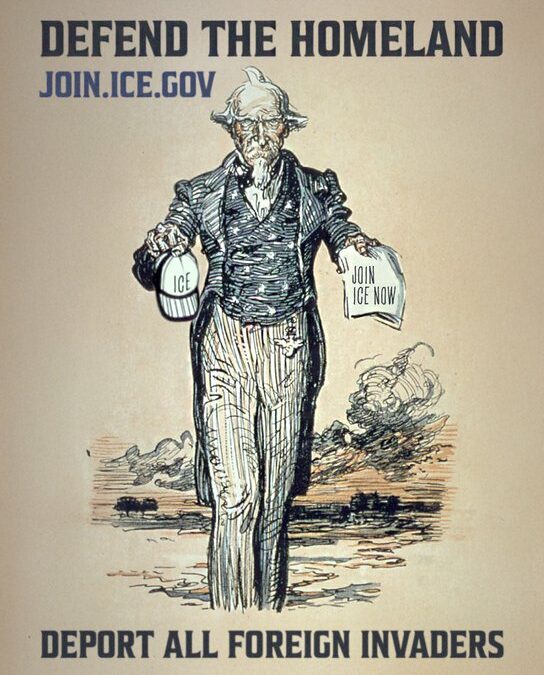
Everyone knows that pro-abortion radicals will do anything to keep abortion from being decided by voters and their state legislatures. But now a federal judge in the nation’s capital may have crossed a line.
Despite the recent Dobbs ruling that stated, “The Constitution does not confer a right to abortion,” a Bill Clinton appointee wrote that not ending the life of your unborn child is akin to slavery.
Politico writes, “A federal judge in Washington, D.C., suggested Monday that there may be a constitutional right to abortion baked into the 13th Amendment — an area she said went unexplored by the Supreme Court in its momentous decision last year overturning Roe v. Wade.
In a pending criminal case against several anti-abortion activists, U.S. District Court Judge Colleen Kollar-Kotelly said the Supreme Court’s ruling in Dobbs v. Jackson Women’s Health Organization concluded only that the 14th Amendment included no right to abortion but stopped short of definitively ruling out other aspects of the Constitution that might apply.
‘[I]t is entirely possible that the Court might have held in Dobbs that some other provision of the Constitution provided a right to access reproductive services had that issue been raised,” the judge wrote. “However, it was not raised.’
Kollar-Kotelly noted that there is some legal scholarship suggesting that the 13th Amendment — which was ratified at the end of the Civil War and sought to ban slavery and “involuntary servitude” — provides just such a right. She is asking the parties in the criminal case, which involves charges of blocking access to abortion clinics, to present arguments by mid-March.
CNBC tracked down where the judge got her bizarre idea from: a” 1990 paper by a Northwestern University School of Law professor found that the 13th Amendment, with its prohibition against involuntary servitude, provides a textual basis for the right to abortion.
‘When women are compelled to carry and bear children, they are subjected to ‘involuntary servitude’ in violation’ of that amendment,’ wrote the paper’s author Andrew Koppelman, which was cited by Kollar-Kotelly in her order.
In January, Koppelman, a professor at Northwestern University “wrote an op-ed discussing the 13th Amendment’s implications on abortion, noting those who might disagree often ‘claim that the Constitution says nothing about abortion.’
He contended that invoking the 13th Amendment ‘is not a complete defense of Roe” and “doesn’t address the alleged personhood of the fetus.’
The irony is that the denial of personhood was crucial to perpetuating the existence of slavery in the United States, and even pro-choicers have struggled with the obvious.
For example, in 1975, the famous liberal activist and minister Jesse Jackson said, “There are those who argue that the right to privacy is of a higher order than the right to life … That was the premise of slavery. You could not protest the existence or treatment of slaves on the plantation because that was private and therefore outside of your right to be concerned.”
Dan Mclaughlin, a lawyer at The National Review, showed how incredibly flawed the argument that being pregnant is like slavery is. He wrote, “The two logical flaws in this argument should be obvious. One, if an abortion ban was a badge and incident of slavery, why did most of the states impose such bans in 1865, regardless of race and regardless of whether the state was a free state or a slave state? The point of the badges-and-incidents doctrine was to remove the things that marked slaves as slaves and prevented them from exercising the same rights as free white Americans. But the liberty of free white American women did not include the unrestricted power to kill their children in the womb, either. Two, to the extent that enslaved women were forced to carry children — as they often were, although Crooms-Robinson neglects the many enslaved women who had families voluntarily — that was a badge and incident of slavery because the child would be treated as an item of property. Carrying a black child who would be endowed by the law with the rights of a free American was not part of the common experience of slave women.
There is also a fundamental bait-and-switch here. After all, the badges-and-incidents doctrine is specific to the descendants of slaves, as Crooms-Robinson acknowledges: “This plan would have to put Black people at the center. . . . Blackness rather than any other aspect of identity would trigger rights protected by any law enacted by Congress using its enforcement power under the amendment today.” But then — watch the one weird trick! — “the 14th Amendment’s equal protection guarantee, meanwhile, would allow non-Black people to assert their right to enjoy the same rights the 13th Amendment grants to Black people as a matter of racial equality.” But under that theory, any power granted to Congress under the badges-and-incidents doctrine, which is supposed to justify remedies for historic injustice to specific people, would be constitutionally prohibited from being so tailored. The sorts of things progressives try to squeeze even today into the badges-and-incidents doctrine — racial preferences, reparations — would have to be provided equally to all, rendering them meaningless.
Once upon a time, we had a Supreme Court that would buy this sort of scheme. In Griswold v. Connecticut (1965), the Court said that married couples had a right to use contraception because marriage was a unique institution older than the state itself, then turned around seven years later and said that it was unconstitutional to give this right to married couples and not provide it equally to unmarried couples. But we do not have that kind of dishonest shell-game Court anymore. It will take more than one weird trick to create a federal right to abortion.”
Liberals seem willing try anything to protect the right to end the life of an unborn child, even attacking MLK’s church, but they will have to do better than twisting themselves into knots and playing word games.
[Read More: Biden Gets Coverup Help Over Chinese Balloon]











